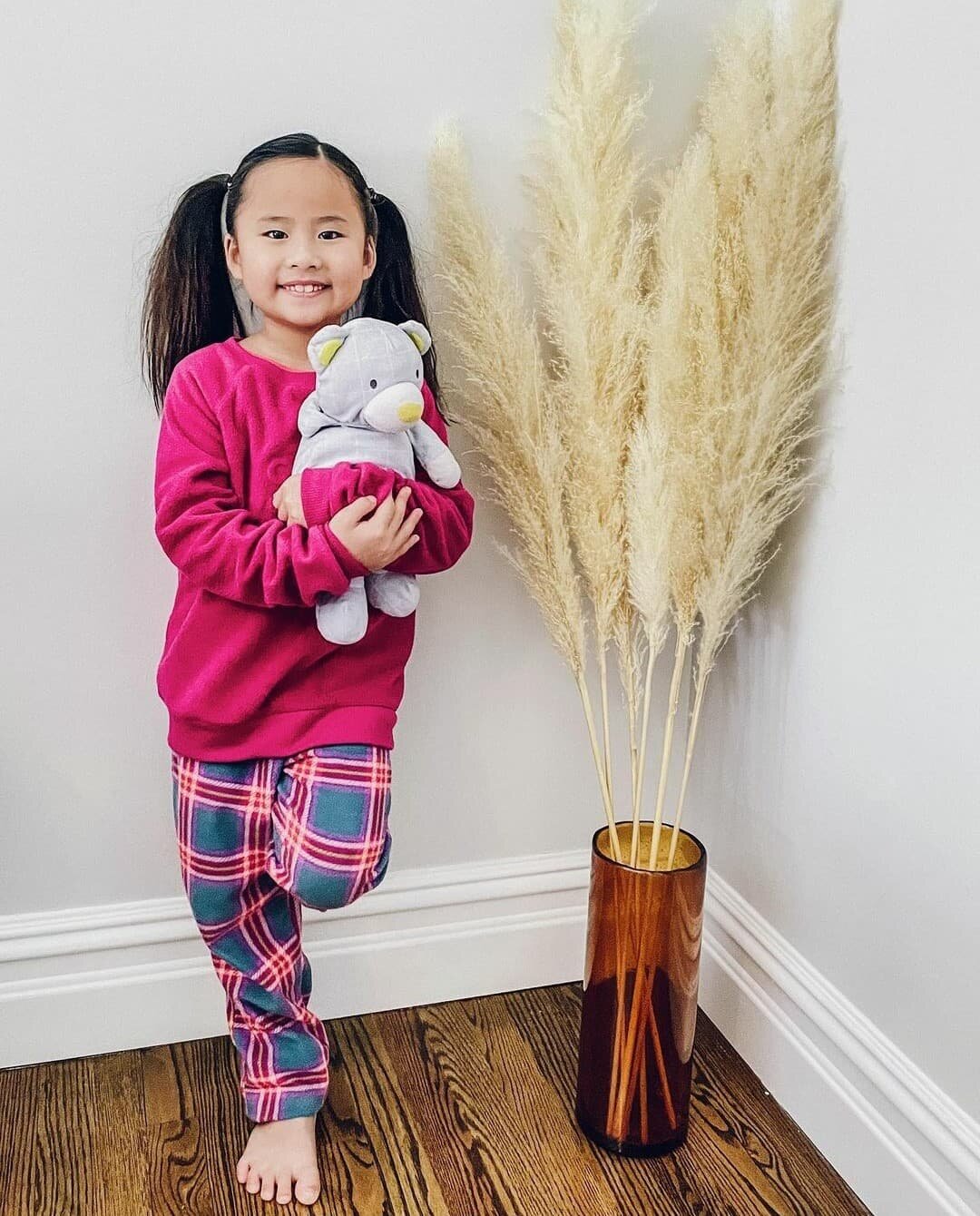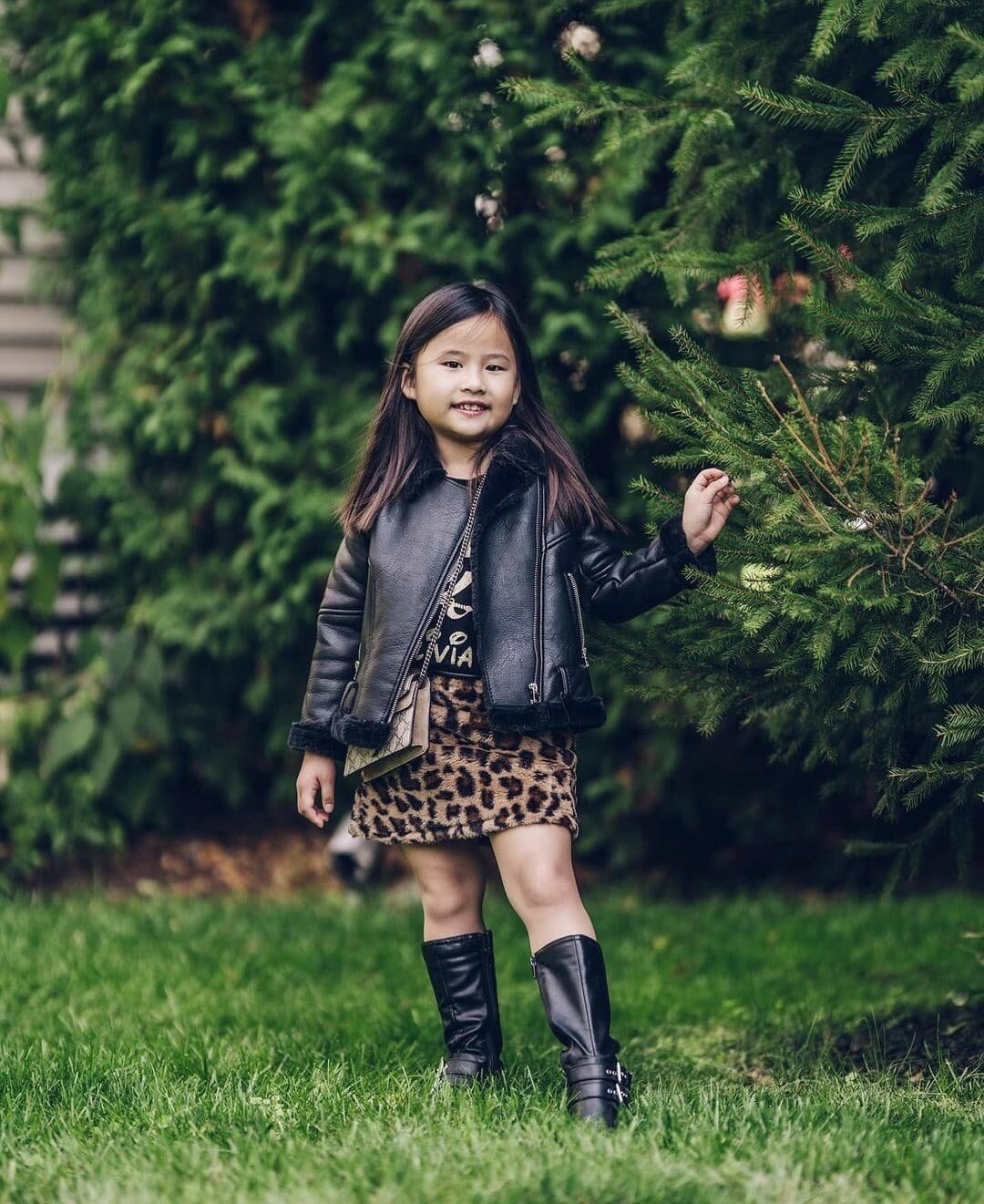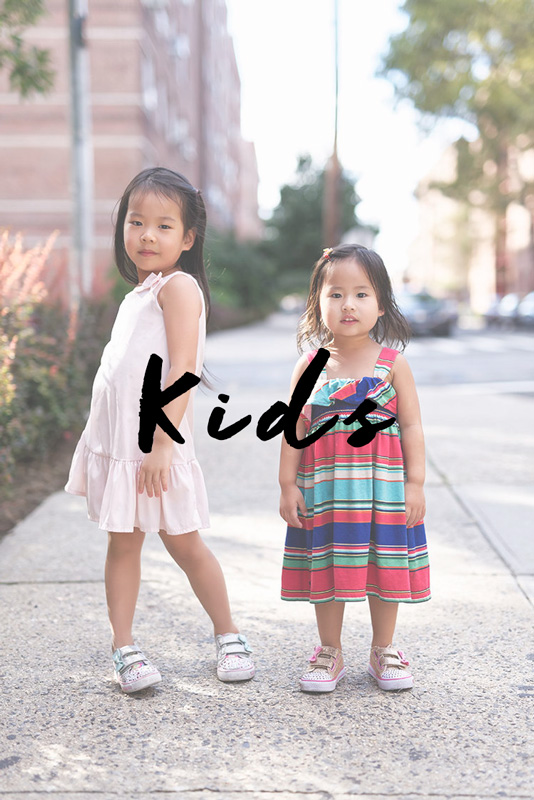How to Talk to Kids About What They See on the News
/The events of the past week have left many parents in the difficult position of trying to explain news coverage to their children. Whether it is what happened at the Capitol on January 6th, the pandemic, violence, or natural disasters, the news coverage is scary – especially for kids. If, like me, you have struggled with how to talk to your kids about what they see on the news, here are some tips from psychologists.
Look at those innocent faces! Their innocence makes these conversations so hard.
Don’t Lie or Hide the Truth
It can be tempting to avoid discussing major events with kids, but if they are school-aged, they will likely see or hear about it somehow. Therefore, it is important for parents to discuss these events with their kids, so they get the correct information. When speaking to your kids, you want to tell them the truth about what happened. Tell the truth in an age-appropriate, fact-based approach.
Emphasize Their Safety
It’s crucial to make kids feel safe. No matter what major news event has occurred, kids need to know they are safe and protected. CNN explains, “Younger kids tend to wonder if something bad is going to happen to them or to you. Reassuring them not only brings them peace; it allows them to feel like a kid where the burden of being the protector is on the parents. Kids need parents to be parents during times of crisis.”
Ask Them Questions First
A wise way to approach the topic is to begin by asking your kids what they have heard about the news story. Instead of jumping straight in, feel them out to see what they already know or what misinformation they have gathered. This will help guide your conversation.
Be Concise
Kids don’t need to know all the details – just give the gist of what happened. Keep the truth simple and to the point.
Demonstrate Coping Mechanisms
As adults, we are more aware of what is happening and how it may or may not affect us. We already have coping mechanisms we know to employ when we feel anxious or stressed (such as turning off the news, going on a walk, taking deep breathes, etc.). Use this as an opportunity to talk to your kids about how you deal with scary news and demonstrate your coping skills.
Limit Media Exposure
Let’s face it. Sometimes what they show on the news is scary – even for adults. Therefore, we should limit media exposure for our kids. If you are watching the news on your tv or phone and they are showing things that will scare your kids, turn it off until the kids are in bed.
Teach Them to Look for the Helpers
When they do see or hear scary news, teach them to look for the helpers. Mister Rogers famously said, "When I was a boy and I would see scary things in the news, my mother would say to me, 'Look for the helpers. You will always find people who are helping.'" Remind kids that when bad things happen, people run to their aid. Find stories from the particular event of these everyday heroes.
Name Your Feelings
Lastly, don’t be afraid to tell your kids how you are feeling. This is actually a good way to teach your kids emotional intelligence. Tell them you are sad, frustrated, or angry, and ask your kids to name their feelings, too.
What other tips do you have for talking with your kids about the scary stuff they see or hear on the news? Let me know in the comments.












